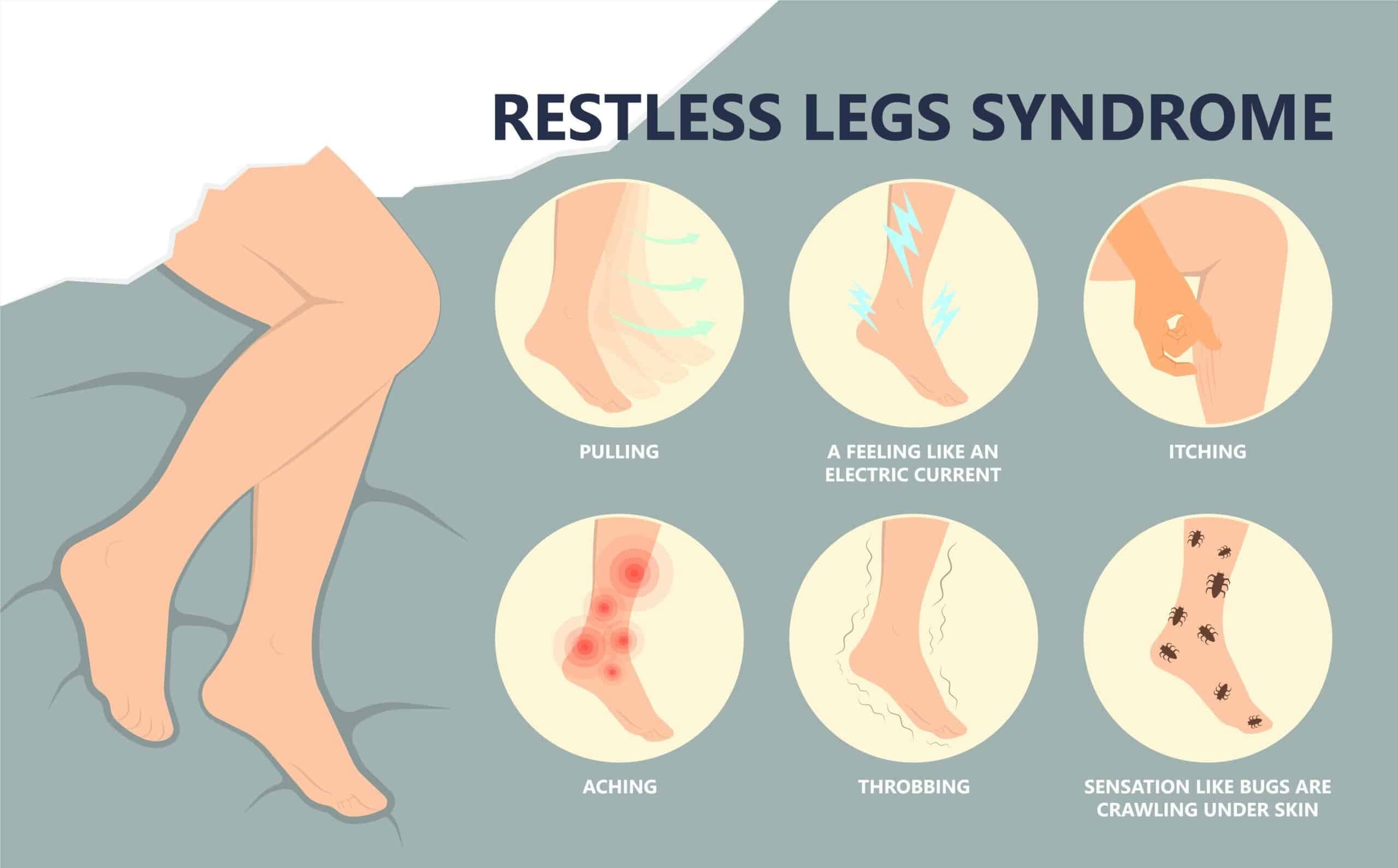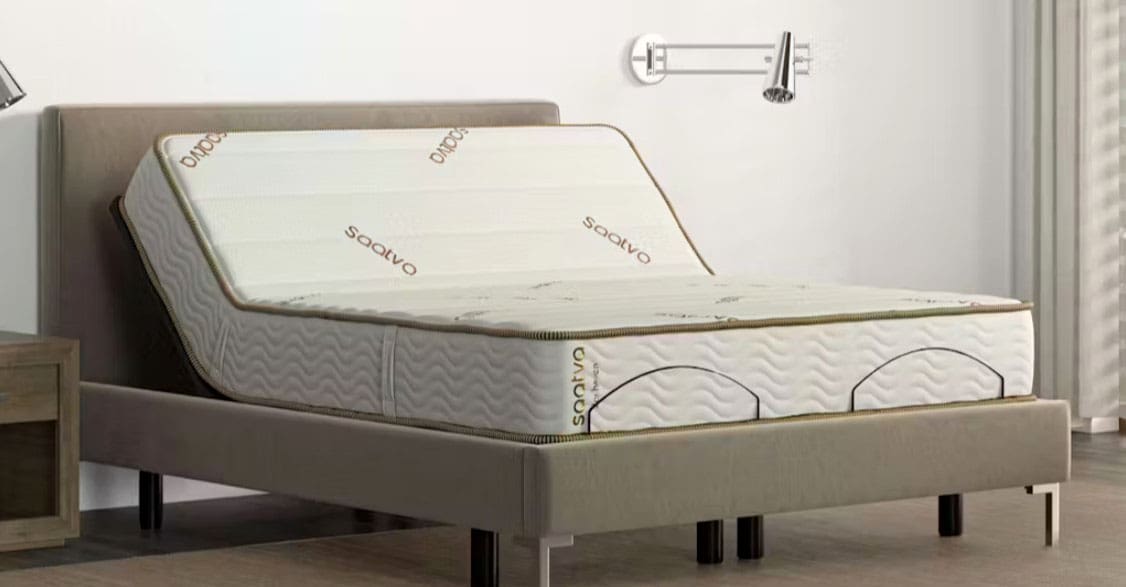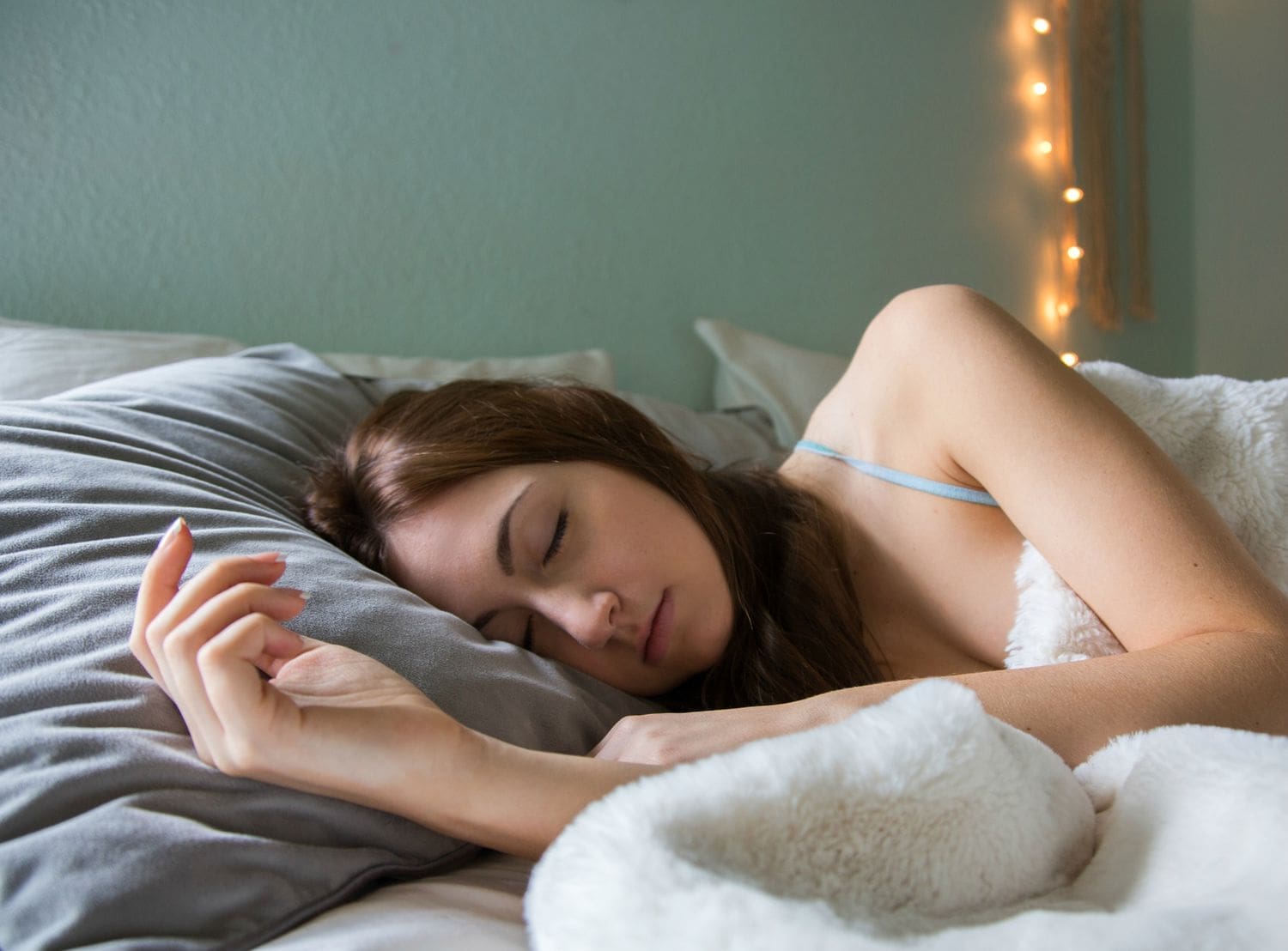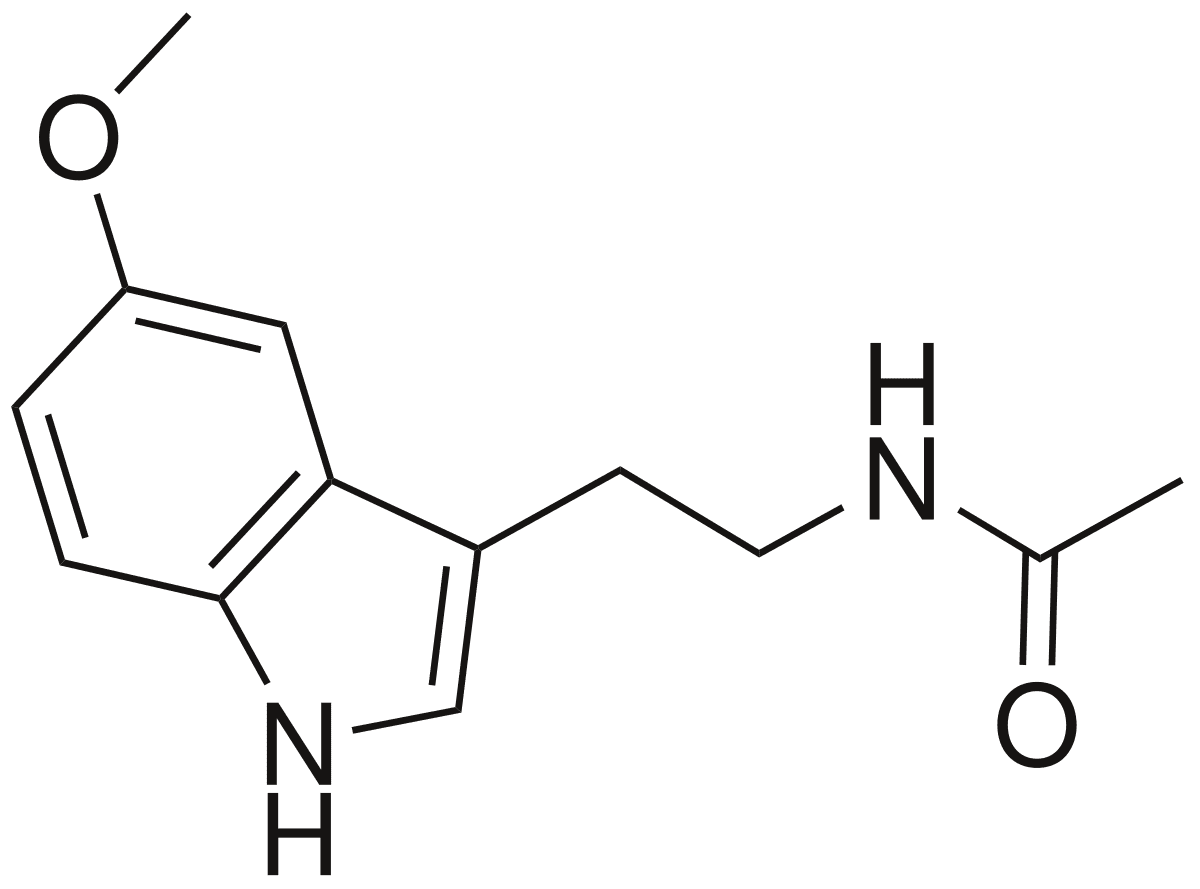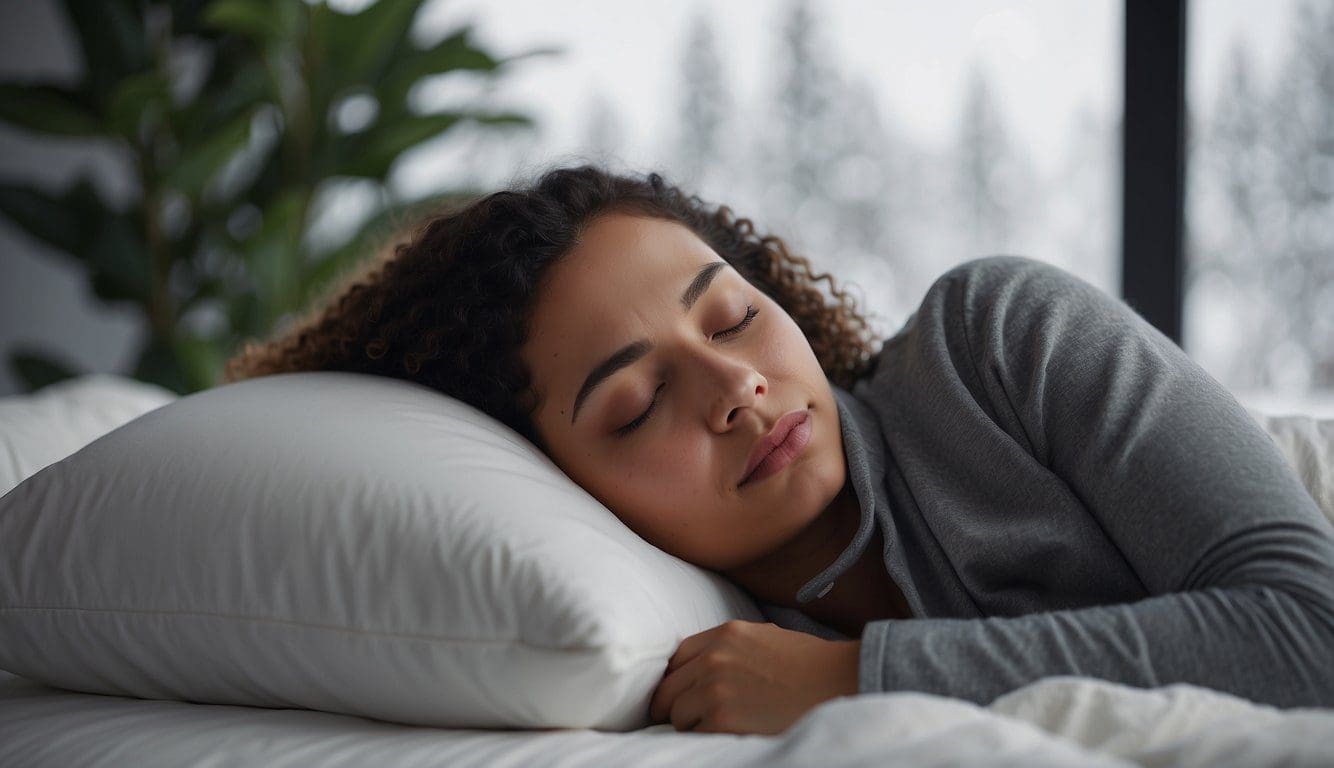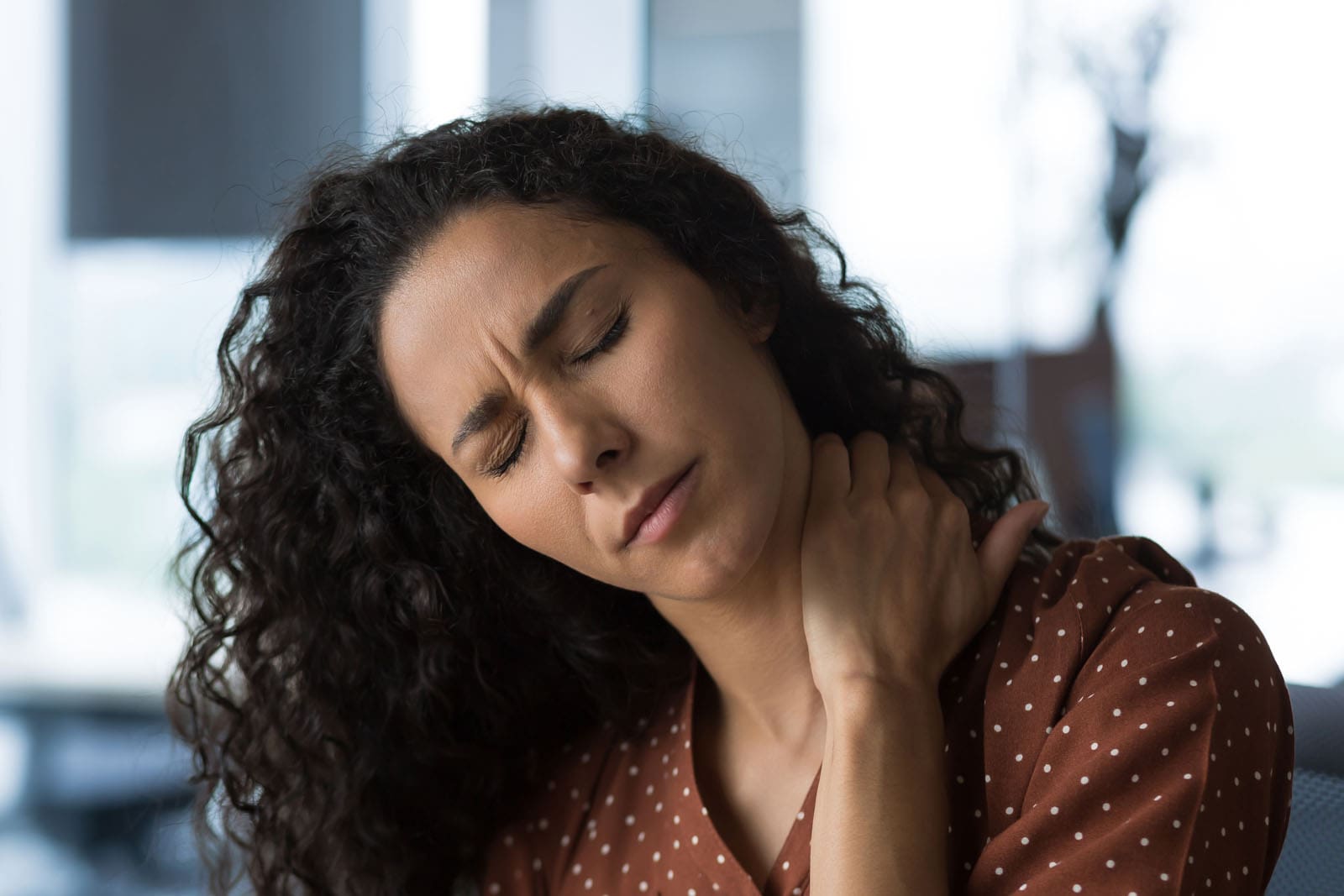The Best Natural Botanicals for Better Sleep: a Detailed Overview
Can many individuals with sleep issues incorporate natural botanicals to get a good night’s sleep and reduce stress?
Why Sleep Is Important?
Often, many people are constantly on the move and trying to find ways to rest and relax; however, in today’s world, many individuals are still experiencing various sleep issues that are not fulfilling them to achieve the full 8 hours of restful sleep. How often have you experienced fatigue throughout the day due to staying up late working on a project? Do you doom scroll on your phone while lying in bed at night that you accidentally stayed up late? Or do chronic health issues keep you up at night, which makes sleep difficult? When it comes to understanding why sleep is important, many people do not realize that sleep plays a huge role in cognitive functioning, mental health, and creativity. (Charest & Grandner, 2020) When environmental factors start to impact the body over time, it can lead to the development of sleep disorders. Environmental factors like stress can affect the circadian rhythm, causing dysregulation and sleep disorders. (Agorastos & Olff, 2021) However, there is some good news: there are various natural ways to help relax the body, get the full recommended amount of sleep without medications, and even help many people stay asleep longer. We associate with certified medical providers who inform our patients of the benefits of getting the full recommended amounts of sleep to reduce the stress affecting the body. While asking important questions to our associated medical providers, we advise patients to integrate natural ways to reduce stress and sleep disorders to ensure proper sleeping habits. Dr. Alex Jimenez, D.C., envisions this information as an academic service. Disclaimer.
Balancing Body & Metabolism- Video
Natural Botanicals & Remedies To Promote Sleep
When it comes to incorporating healthy sleeping habits, many individuals have found natural remedies to not only stay asleep but also reduce any stressors associated with environmental factors. Many people trying to make small changes in their sleeping habits can do some of the following:
- Find the right mattress and pillows
- Turning off electronics an hour before bedtime
- Have the room be in a comfortable, cool temperature
Additionally, herbal botanicals can help relax the body and ensure proper sleep. Almost all natural botanicals are found in teas and supplements at the local grocery store. Below are some botanicals that can help many individuals get quality sleep.
Valerian
As a native to Europe and Asia, valerian is a perennial flowering plant with a unique and long history in traditional medicine, as it is used as a sedative and an anxiolytic. However, it has many sleep-promoting effects. (Yeom & Cho, 2024) The unique characteristic of valerian is that it interacts with the neurotransmitter GABA, as it is used to reduce sleep onset latency and increase sleep quality. (Bruni et al., 2021) The valerian plant can be utilized in a tea or a supplement as it is given to individuals for about 2 weeks at a time for its beneficial effects to start to work.
Ashwagandha
Known as winter cherry and located in India, ashwagandha has numerous health properties that can help many people with multiple ailments. The entire plant has been marketed in many forms and is common in pills and capsules as it possesses anti-inflammatory and antioxidant properties. (Cheah et al., 2021) Additionally, ashwagandha in small dosages can help improve cognitive function and immunity and reduce cortisol levels to help relax the body. (Park et al., 2023) Sleep can come easily to the individual when the body is relaxed after taking ashwagandha.
Chamomile
A common herb that can be used in teas, oils, or extracts, chamomile has been used as a sedative, mild analgesic, and sleep medication as it induces relaxation. (“Chamomile,” 2012) In tea form, this herb can become the most relaxing drink to sip at night and make a person sleepy. At the same time, when people drink chamomile, its soothing, beneficial properties can relieve and target the receptors in their central nervous system, causing them to be stressed and anxious, thus calming them down.
Lavender
As one of the most popular herbs everyone uses, from teas to aromatherapy, lavender is a multipurpose plant with many beneficial properties that can help anyone. Lavender has two main components, linalool, and linalyl, with sedative, antinociceptive, and anti-spasmolytic effects to stimulate the parasympathetic system. (Hamzeh et al., 2020) This, in turn, can help relax the body with its calming aroma and provide beneficial results for individuals dealing with insomnia. In its essential oil form, lavender can help increase the total amount of NREM (non-rapid eye movement) and reinforce a person’s sleep ability. (Ren et al., 2025) By making small changes and incorporating these natural botanicals to provide better sleep quality, many people will notice their bodies becoming more relaxed, their minds less anxious, and finally get that full 8 hours of sleep they deserve because sleep is for everyone, not the weak.
References
Agorastos, A., & Olff, M. (2021). Sleep, circadian system and traumatic stress. Eur J Psychotraumatol, 12(1), 1956746. https://doi.org/10.1080/20008198.2021.1956746
Bruni, O., Ferini-Strambi, L., Giacomoni, E., & Pellegrino, P. (2021). Herbal Remedies and Their Possible Effect on the GABAergic System and Sleep. Nutrients, 13(2). https://doi.org/10.3390/nu13020530
Chamomile. (2012). In LiverTox: Clinical and Research Information on Drug-Induced Liver Injury. https://www.ncbi.nlm.nih.gov/pubmed/31643492
Charest, J., & Grandner, M. A. (2020). Sleep and Athletic Performance: Impacts on Physical Performance, Mental Performance, Injury Risk and Recovery, and Mental Health. Sleep Med Clin, 15(1), 41-57. https://doi.org/10.1016/j.jsmc.2019.11.005
Cheah, K. L., Norhayati, M. N., Husniati Yaacob, L., & Abdul Rahman, R. (2021). Effect of Ashwagandha (Withania somnifera) extract on sleep: A systematic review and meta-analysis. PLOS ONE, 16(9), e0257843. https://doi.org/10.1371/journal.pone.0257843
Hamzeh, S., Safari-Faramani, R., & Khatony, A. (2020). Effects of Aromatherapy with Lavender and Peppermint Essential Oils on the Sleep Quality of Cancer Patients: A Randomized Controlled Trial. Evid Based Complement Alternat Med, 2020, 7480204. https://doi.org/10.1155/2020/7480204
Park, C. W., Hong, K. B., Suh, H. J., & Ahn, Y. (2023). Sleep-promoting activity of amylase-treated Ashwagandha (Withania somnifera L. Dunal) root extract via GABA receptors. J Food Drug Anal, 31(2), 278-288. https://doi.org/10.38212/2224-6614.3456
Ren, Y. L., Chu, W. W., Yang, X. W., Xin, L., Gao, J. X., Yan, G. Z., Wang, C., Chen, Y. N., Xie, J. F., Spruyt, K., Lin, J. S., Hou, Y. P., & Shao, Y. F. (2025). Lavender improves sleep through olfactory perception and GABAergic neurons of the central amygdala. J Ethnopharmacol, 337(Pt 3), 118942. https://doi.org/10.1016/j.jep.2024.118942
Yeom, J. W., & Cho, C. H. (2024). Herbal and Natural Supplements for Improving Sleep: A Literature Review. Psychiatry Investig, 21(8), 810-821. https://doi.org/10.30773/pi.2024.0121






